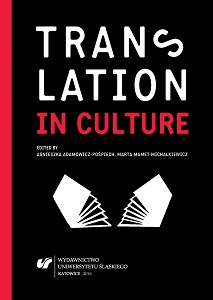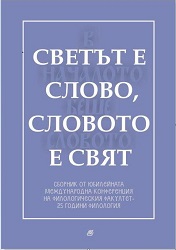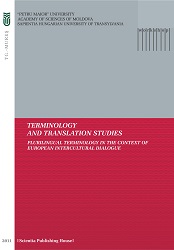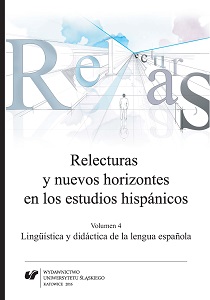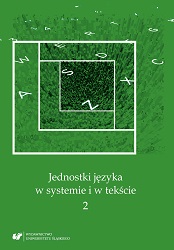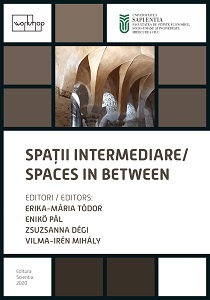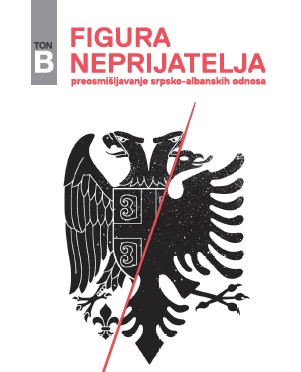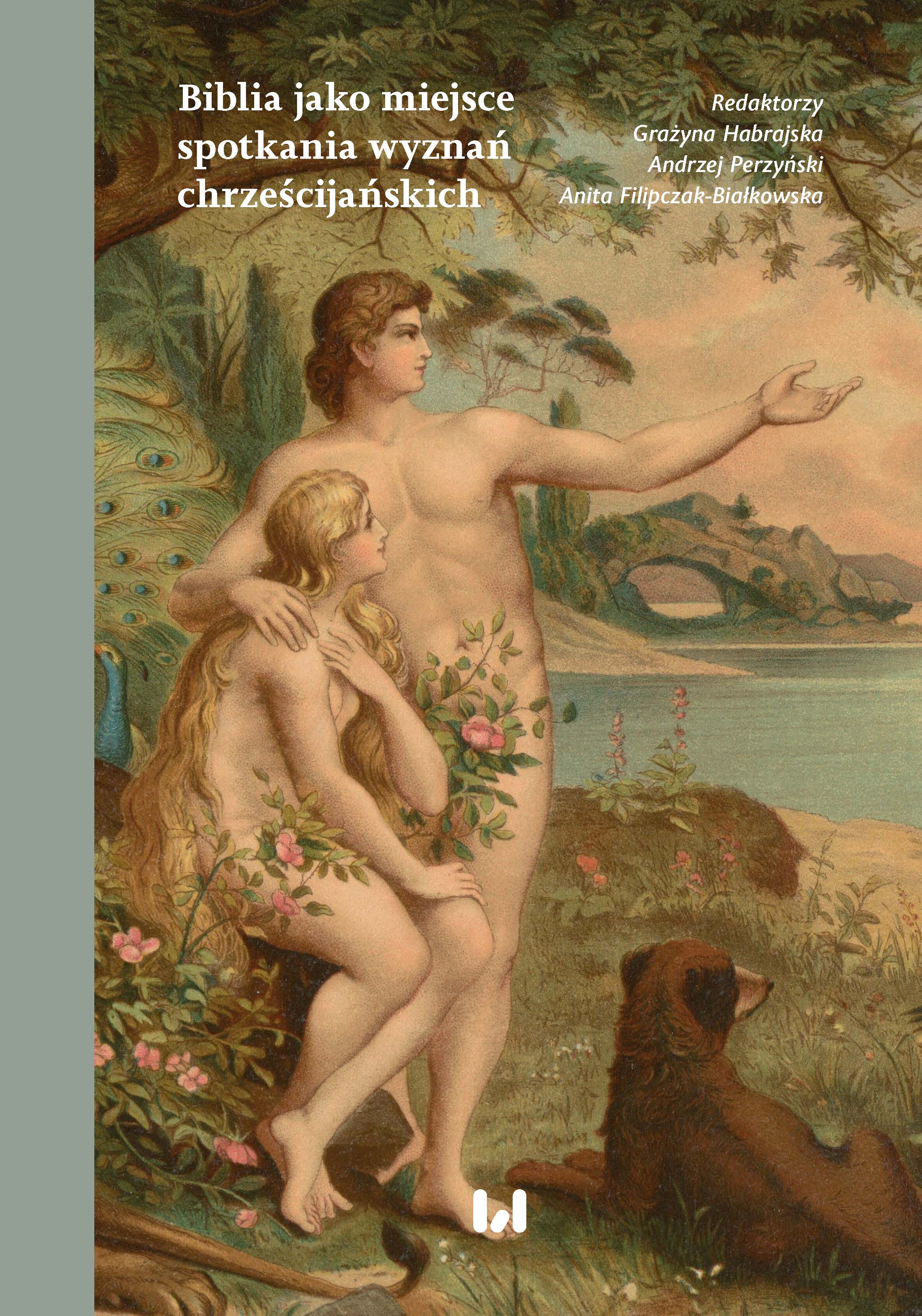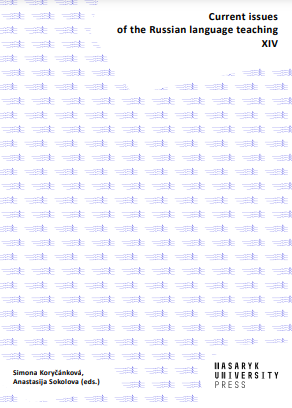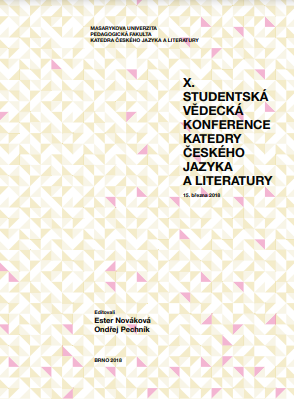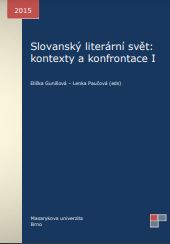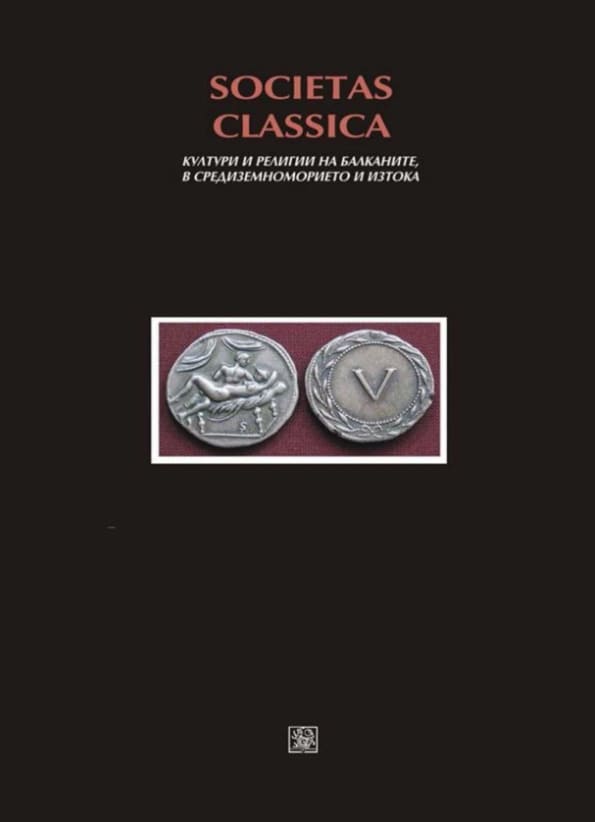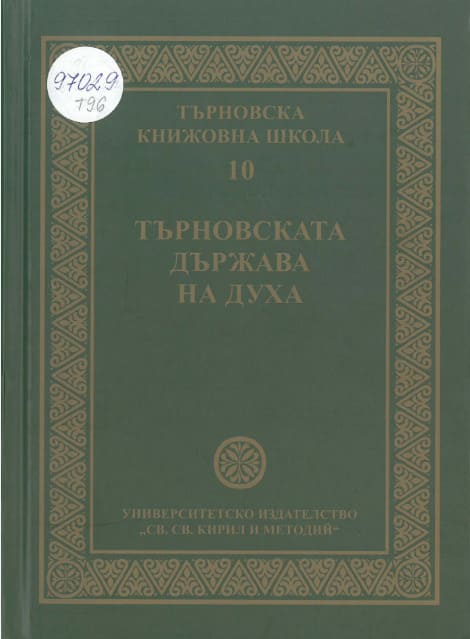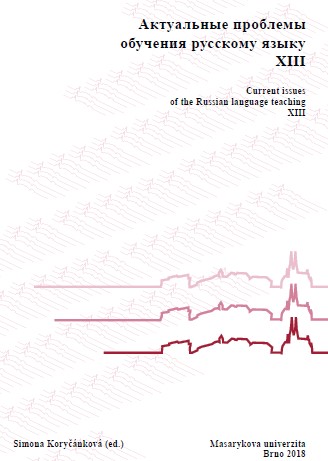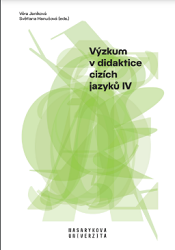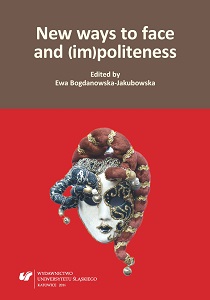
The usage of diminutives in polite phrases as a way to express positive/negative politeness or to formulate face-threatening acts in Polish
Expressive polite phrases, namely the ones containing diminutive forms, play a significant role in interpersonal communication. According to Ożóg (1990, p. 72), they are aimed at convincing the addressee of special, and not only formal or perfunctory, attitude of the speaker towards him/her. Moreover, as it is usually the case, they are applied in situations when the speaker wants to maintain the addressee’s positive face, for instance he/she wants to express meanings such as familiarity, intimacy, or liking. Nevertheless, sometimes they may be used as acts threatening the addressee’s positive or negative face. Usually, in the case of diminutives, face-threatening acts are done off record, when the speaker wants to express irony, disrespect and pitifulness. This article aims at answering the question about the role of diminutives in polite phrases. Are they always related only to positive politeness? How is their presence in a sentence perceived by the addressees? Moreover, the comparison between Polish and English will be provided as these two languages differ significantly in terms of expressing emotions in a conversation. In order to get answers for the questions mentioned above, a short questionnaire, containing some typical expressive polite phrases, was distributed among a representative number of native speakers of Polish and English, in order to assess whether the presence of diminutives influences their impressions and reactions to these sentences.
More...
